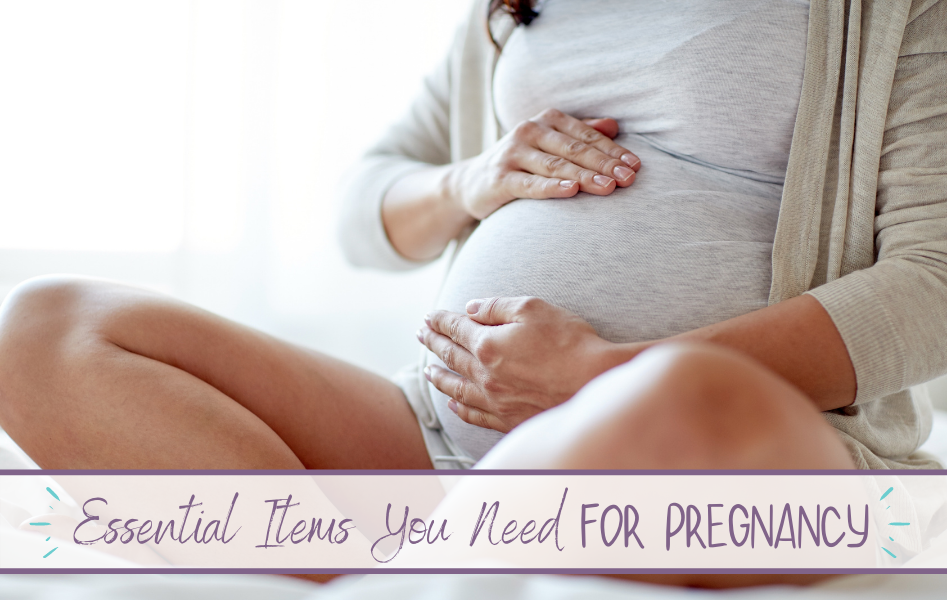Stop Stress Eating and Get Healthier with Noom
You're not alone if you eat when you're stressed.
When we're feeling overwhelmed, some of us go for a cookie or a bag of chips from the cabinet.
Others prefer to eat takeaway in the car after a long day at work. Or, shortly before bed, a pint of black cherry ice cream.
You can stop stress eating with patience and the correct treatment, no matter where you are on the spectrum.
It doesn't have to be a difficult situation! We guarantee it.
But before we get into the specifics of how to quit stress eating, we need to know what it is and why we do it in the first place.
Note: If you're overeating because you're stressed, you can stop. Noom can help you better understand your relationship with comfort foods, be more aware of your choices, and get the information and support you need to avoid stress eating.
What is stress Eating?
Stress eating is when you eat because you're stressed rather than hungry. It's also known as Fog Eating at Noom.
That's because when you stress eat, it's as if you're in a fog, and you lose track of actual hunger and fullness.
The term stress encompasses a wide range of emotions:
Stress eating occurs when you eat because you are lonely, bored, anxious, or depressed.
All of these feelings, as well as others, can cause you to seek solace from a very dependable source: Food.
It's very typical for people to eat to cope with stress. 33% of adults admit to habitually overeating or eating unhealthy meals to cope with stress. And it's not because you lack the willpower or discipline to keep to a healthy diet. Stress and eating are linked by natural chemical and physiological processes in your body. The good news is that you won't be at their mercy if you have the correct tools.
A whole new world of possibilities opens up once you understand why you feel the need to eat when you're worried. That new outlook marks the start of your new relationship with food and stress. Imagine only eating healthy, filling food when hungry and quitting when you're satisfied.
It may seem impossible, but you can quit the habit if you connect your negative feelings and your eating habits.
What makes you eat when you're stressed?
Cortisol, often known as the stress hormone, is produced when continuously stressed.
Because your body 'thinks' it needs fuel to battle whatever threat is generating the stress, this can increase your appetite and make you seek calorie-dense foods (think: plenty of fat and sugar). That's why a lack of self-control doesn't cause stress eating. It's not your responsibility, yet you have complete control over your actions.
What Causes Stress Eating?
 Cortisol, often known as the stress hormone, is produced when continuously stressed.
Cortisol, often known as the stress hormone, is produced when continuously stressed.
Because your body 'thinks' it needs fuel to battle whatever threat is generating the stress, this can increase your appetite and make you seek calorie-dense foods (think: plenty of fat and sugar).
That's why a lack of self-control doesn't cause stress eating.
It's not your responsibility, yet you have complete control over your actions.
What are the Signs and Symptoms of Stress Eating?
If you're not sure if stress is causing you to eat, consider the following questions:
- Do you alter your eating habits as your stress level rises?
- When you're not hungry, do you eat, or when you're full?
- Do you eat to avoid confronting a difficult situation?
- Do you eat to alleviate unpleasant sensations such as boredom, loneliness, or anxiety?
- Do you utilize food as a form of 'positive' behavior reinforcement?
Everyone's stress eating symptoms are different, but if you responded yes to a few of the questions above, you're probably using food to cope with your negative feelings.
The difference between emotional hunger and real hunger (or how to tell if you are stressed eating)
There is a significant distinction between emotional and physical hunger.
It might be difficult to tell which is which, especially if you've been using food to cope with your emotions for a long time.
Recent research has provided some signs that can help you distinguish between actual and emotional hunger:
- Emotional hunger is characterized by a sudden and overpowering desire to eat.
- True hunger is a more gradual process. It does not necessitate immediate gratification.
You'll have a variety of go-to comfort meals if you're emotionally hungry. It's usually junk food that gives you a quick fix.
You're craving chocolate ice cream right now.
Emotional hunger is the cause of mindless eating. The irony is that you are unlikely to enjoy it:
Your mind goes blank, and you have no awareness of the sensations of eating or the passage of time. (It's called Fog Eating for a reason!)
When you eat because you're hungry, you're far more involved in the process of eating and are more likely to quit when you're satisfied.
What are the consequences of Stress Eating?
 Weight gain is the most visible side effect of stress eating.
Weight gain is the most visible side effect of stress eating.
On the other hand, stress eating is a self-fulfilling loop that, rather than alleviating stress, increases it in the long run.
Stress eating is only effective for a short period. The craving reappears as soon as the feel-good hormones wear out.
You feel lovely at the moment when you use food to meet an emotional demand rather than a bodily one. The meal satisfies your need for comfort and distraction.
When the awful emotion returns, it is accompanied by another bad feeling: Guilt.
If you gain a considerable amount of weight, you may feel horrible about it, adding gasoline to the stress eating fire.
As a result, stress eating is likely to lead to further stress eating. Breaking the cycle is the only way out.
How to deal with stress Eating?
 If you want to learn how to stop stress eating, you must first figure out your trigger foods, why you stress eat, and then come up with alternatives.
If you want to learn how to stop stress eating, you must first figure out your trigger foods, why you stress eat, and then come up with alternatives.
In the Noom Weight programme, we walk clients through this process.
Pro tip: save the part below as a bookmark, print it out or take a screenshot of it so you can refer to it whenever you need it.
Alternatives to Stress Eating
There are a variety of activities you can do instead of eating to deal with stress:
Do 5-10 minutes (or more) of yoga: The demand for external sources of comfort is reduced when you connect with yourself and your body.
Walk or run outside: Sunlight relieves tension and provides us with a different type of energy—one that is calorie-free. Whether simply a quick walk around the block or a complete 5k, any time spent outdoors is beneficial.
Make time for family and friends: We're hardwired for human touch, and most of us don't get enough of it. Pick up the phone and call someone who cares about you when you're stressed.
Do a puzzle, play a board game, crochet, or do something creative: These activities may not provide the same high as a candy bar, but they lower cortisol and promote feelings of calm.
Dance and sing along to your favorite songs: Music and dance are two of the most potent mood boosters available.
Take a hot bath: If you have the time, a hot bath might help you ground and relax.
Is Stress Eating a Disorder?
No, stress eating is not recognized as an eating disorder.
For the most part, stress and emotional eating are indicators that we need to learn more about ourselves and our emotions.
On the other hand, stress eating can lead to binge eating, which is a recognized eating problem.
When to Seek Professional help with Stress Eating?
We recommend that you get professional help if stress eating has led to binge eating.
If you encounter three (or more) of the following, you're likely experiencing episodes of binge eating, according to the National Eating Disorder Association:
- consuming food at a much faster rate than usual.
- Food consumption till you feel uncomfortably full
- You eat a lot of food while you're not physically hungry.
- You're dining alone because you're ashamed of how much you're eating.
- You may feel dissatisfied with yourself, depressed, or extremely guilty after overeating.
You don't have to go through this alone if that's the case. Please seek assistance from your doctor or mental health professional.
You can also phone or text the National Eating Disorder Association helpline if you need immediate assistance.






